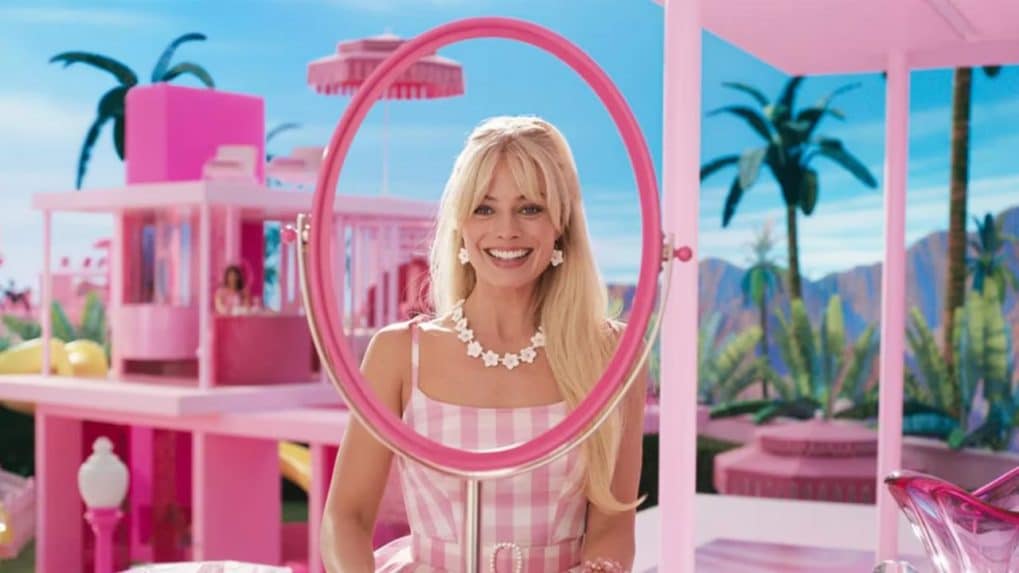Advertising
From Pink Slips to Silent Sidelining: Inside adland’s layoff and anxiety crisis

The Delhi High Court has granted toy giant Mattel Inc. an interim relief in its ongoing trademark battle, restraining a local entrepreneur from using the “Barbie” name across his business ventures, Bar and Bench reported.
In an order dated September 9, Justice Manmeet Pritam Singh Arora ruled that the defendant, Padum Borah, had been misusing the Barbie brand identity by operating under names such as Barbie Enterprises, Barbie Kitchen and Barbie Caterin.
The Court observed that Borah’s use of the marks created “initial interest confusion” and could cause irreparable harm to Mattel’s iconic brand equity.
Mattel, which has held registrations for the Barbie trademark in India since 1985 and has been using it extensively since 1987, argued that the defendant’s actions diluted the distinctiveness of a brand synonymous worldwide with dolls, lifestyle products, and more recently, blockbuster films.
Despite a cease-and-desist notice, Borah continued to operate under the Barbie-themed names and even sought registrations such as Barbie One Stop Solution for HORECA Foods and Barbie Hospitality.
The Court directed Borah to immediately cease using the trademark, remove all Barbie-branded social media content, and suspend domain names containing the word “Barbie.”
The case underlines the brand protection strategy of global consumer IPs in India, especially following the surge in Barbie’s cultural relevance post the 2023 Hollywood film.
For Mattel, the ruling reinforces its stance that the Barbie name is non-negotiable intellectual property, not open to dilution in unrelated sectors like catering or kitchen equipment.
From purpose-driven work and narrative-rich brand films to AI-enabled ideas and creator-led collaborations, the awards reflect the full spectrum of modern creativity.
Read MoreLooking ahead to the close of 2025 and into 2026, Sorrell sees technology platforms as the clear winners. He described them as “nation states in their own right”, with market capitalisations that exceed the GDPs of many countries.